allotments
ruthieg__tx
16 years ago
Related Stories
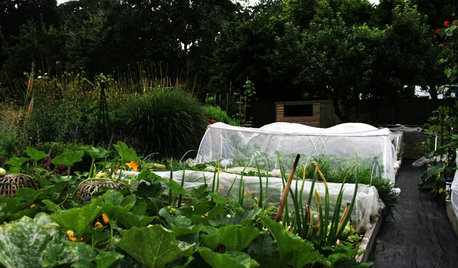
EDIBLE GARDENSFood and Community Thrive in a U.K. Allotment Garden
Get a peek at a rented garden plot in England where edibles and flowers mix and local residents can mingle
Full Story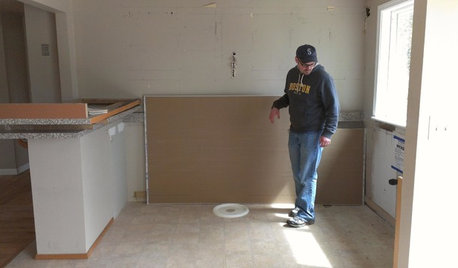
KITCHEN DESIGNStylish New Kitchen, Shoestring Budget: See the Process Start to Finish
For less than $13,000 total — and in 34 days — a hardworking family builds a kitchen to be proud of
Full Story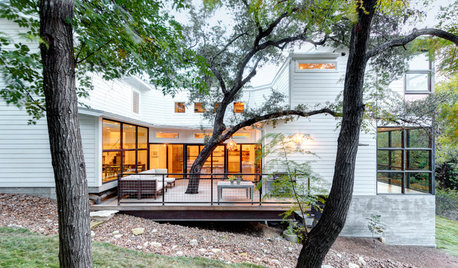
ECLECTIC HOMESHouzz Tour: Problem Solving on a Sloped Lot in Austin
A tricky lot and a big oak tree make building a family’s new home a Texas-size adventure
Full Story
CLOSETSGuest Picks: I'm Dreaming of a Wide Walk-In
20 organizing ideas to get the most out of a small closet
Full Story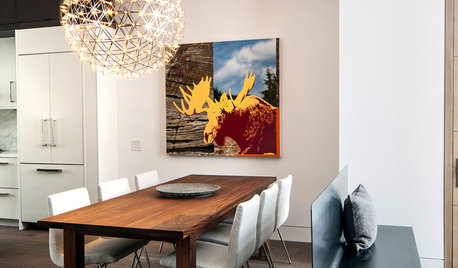
HOUZZ TOURSHouzz Tour: Superclean Modern Suits a Canadian Bachelor
Colorful iconic furniture enhances a soothingly neutral palette in this midtown Toronto home for a businessman
Full Story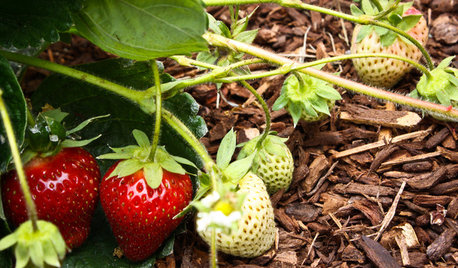
SPRING GARDENINGSummer Crops: How to Grow Strawberries
Pluck your own sweet strawberries right from the garden vine for smoothies, salads or eating then and there
Full Story
EDIBLE GARDENSHow to Grow Your Own Sweet Summer Crops
This guide will help any gardener get started on growing the freshest warm-season veggies and berries for summer
Full Story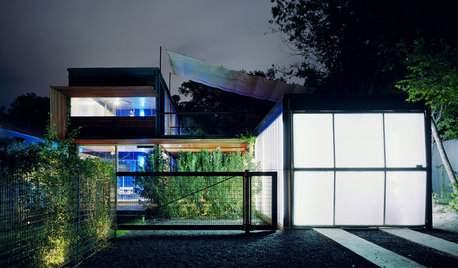
ARCHITECTUREWhat’s Fueling Austin’s Edgy Modern Architecture?
A look at the blossoming design scene in Texas’ capital city — and what’s behind all the experimentation
Full Story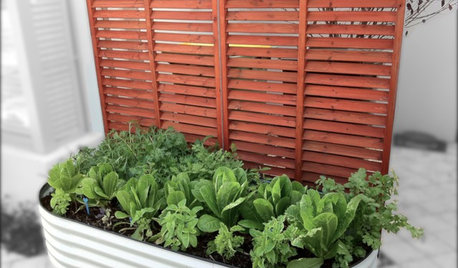
FEEL-GOOD HOME21 Ways to Waste Less at Home
Whether it's herbs rotting in the fridge or clothes that never get worn, most of us waste too much. Here are ways to make a change
Full Story
REMODELING GUIDES4 Key Space-Planning Considerations
Before you head full steam into a remodel or furniture update, heed this advice from the pros to put your space on the right track
Full Story






digit
flora_uk
Related Professionals
South Elgin Landscape Architects & Landscape Designers · Towson Landscape Architects & Landscape Designers · Manchester Landscape Contractors · Chattanooga Landscape Contractors · Davis Landscape Contractors · Kearny Landscape Contractors · Plainview Landscape Contractors · Sugar Hill Landscape Contractors · Tustin Landscape Contractors · Wallingford Landscape Contractors · Antioch Landscape Contractors · Bear Driveway Installation & Maintenance · Canton Driveway Installation & Maintenance · Foley Driveway Installation & Maintenance · Riverside Driveway Installation & Maintenanceruthieg__txOriginal Author
pnbrown
ruthieg__txOriginal Author
Macmex
zeedman Zone 5 Wisconsin
digit
pnbrown
ruthieg__txOriginal Author
suburbangreen
nygardener
pnbrown
ruthieg__txOriginal Author
digit
flora_uk
fliptx
oldroser
pnbrown
flora_uk
pnbrown
flora_uk
pnbrown